Scientific milestones often test or redefine ethical boundaries, as groundbreaking discoveries sometimes come with moral consequences. These advancements raise urgent debates about human rights, consent, and the very nature of progress. For instance, the development of CRISPR-Cas9 gene-editing technology has revolutionized molecular biology, offering the potential to cure genetic diseases and enhance agricultural productivity. However, it has also raised significant ethical concerns, particularly regarding the use of gene-editing technologies in human embryos. In 2018, Chinese scientist He Jiankui claimed to have created the world’s first genetically edited babies by using CRISPR to alter the genomes of twin girls, making them resistant to HIV. The announcement sparked global outrage, as it violated widely accepted ethical guidelines for genetic research. Critics argued that the experiment lacked sufficient oversight, disregarded potential long-term health consequences, and opened the door to “designer babies,” where genetic traits could be selected for non-medical reasons. The controversy surrounding He Jiankui’s experiment has led to calls for stricter international regulations on human genome editing and raised fundamental ethical questions about the limits of scientific intervention in human biology. (indcnetwork.com)
1. The Tuskegee Syphilis Study

From 1932 to 1972, hundreds of Black men in Alabama were left untreated for syphilis—even after a cure was available—so researchers could study the disease’s progress. This notorious case led to lasting mistrust in medical research and the establishment of stricter ethical guidelines for human experimentation. (cdc.gov)
2. Nazi Human Experimentation

During World War II, Nazi doctors conducted horrific experiments on prisoners without consent, including exposure to extreme temperatures and chemical agents. Many perished or suffered lifelong injuries. These atrocities led to the Nuremberg Code, setting new standards for ethical research.
3. Henrietta Lacks and the HeLa Cells

In 1951, cells from Henrietta Lacks were taken without her knowledge or consent, leading to the first immortal cell line. HeLa cells revolutionized medicine but also sparked debates on consent and ownership over one’s biological materials.
4. CRISPR Gene Editing
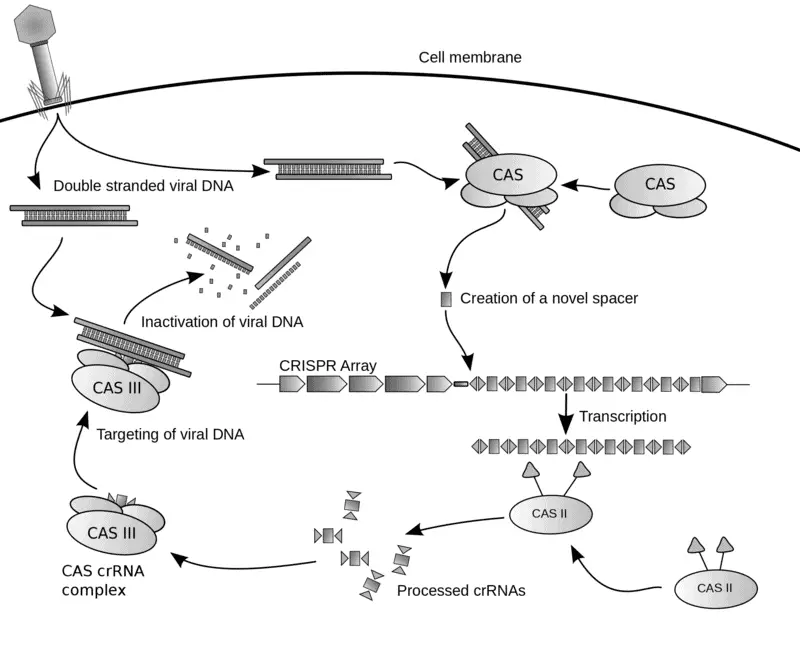
CRISPR technology enables unprecedented human genome modification, raising concerns about ‘designer babies’ and unintended consequences. The 2018 birth of gene-edited twins in China set off a global debate on the moral boundaries of genetic engineering.
5. The Atomic Bomb

The development and use of atomic bombs during World War II exemplified the ethical dilemmas of scientific progress. The Manhattan Project’s secrecy and the destructive power unleashed in Hiroshima and Nagasaki still fuel debate on scientists’ responsibility for their inventions.
6. The Stanford Prison Experiment

In 1971, college students assigned roles of guards and prisoners in a simulated prison quickly descended into psychological abuse. The study, criticized for participant harm and lack of oversight, reshaped ethical standards for psychological research. (britannica.com)
7. Cloning Dolly the Sheep

Dolly, the first cloned mammal, was born in 1996, reigniting debates about human cloning, animal welfare, and the ethics of scientific intervention. Her creation led to global discussions on the moral implications of cloning and prompted governments worldwide to establish or clarify laws banning human cloning. (history.com)
8. Stem Cell Research Controversy
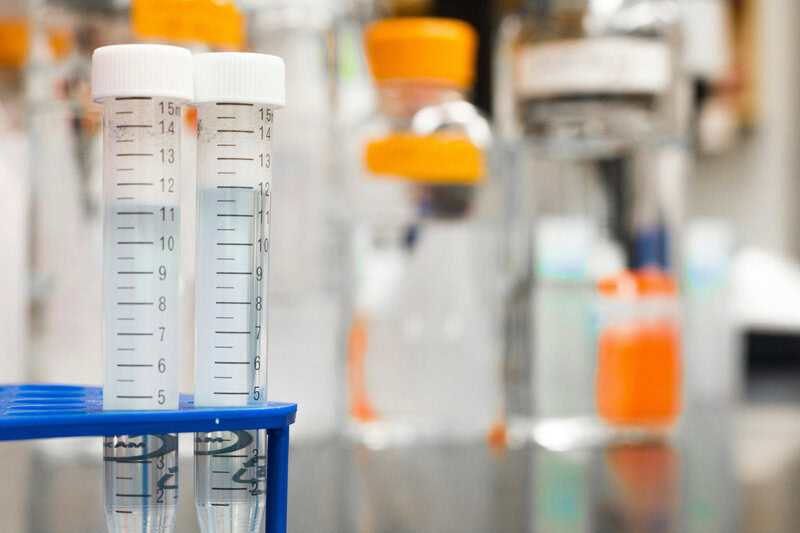
Embryonic stem cell research holds immense therapeutic promise but involves the destruction of human embryos, raising moral and political debates. Restrictions, bans, and funding changes continue to make it a flashpoint in bioethical discussions. (osp.od.nih.gov)
9. Animal Testing in Cosmetics
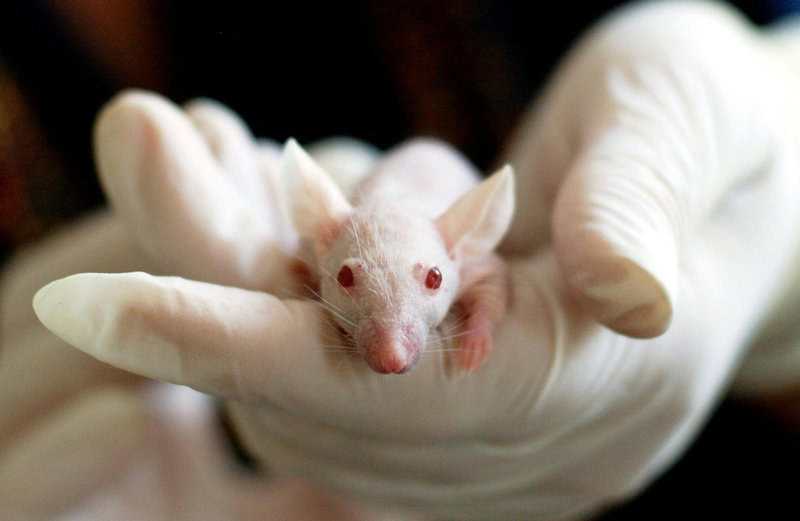
Testing beauty and skincare products on animals has led to suffering and death for millions of animals. Concerns about cruelty have driven bans in Europe and elsewhere, pushing companies to seek cruelty-free alternatives. (ethicalconsumer.org)
10. Project MKUltra

In the 1950s and 1960s, the CIA conducted Project MKUltra, a covert program involving mind control experiments using drugs like LSD on unwitting subjects. These experiments, often without informed consent, led to psychological harm and violated ethical principles. The program’s exposure in the 1970s resulted in public outcry and reforms in research ethics. (history.com)
11. The Guatemala Syphilis Experiments
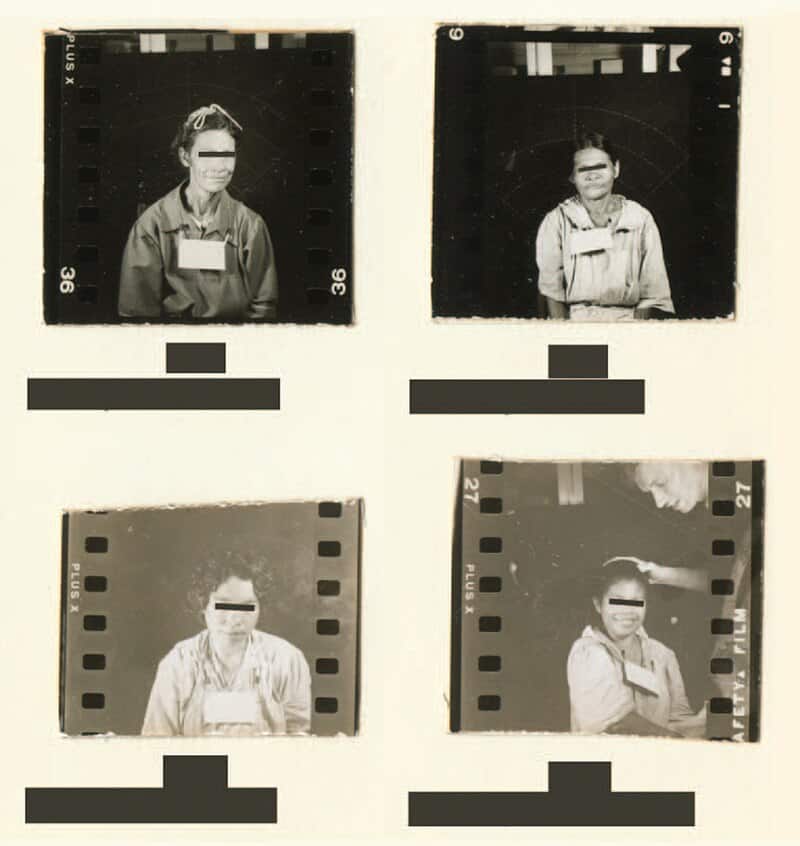
In the 1940s, U.S. researchers deliberately infected Guatemalan prisoners, soldiers, and mental patients with syphilis and other STDs without consent to study treatment methods. The incident prompted Presidential apologies decades later. (britannica.com)
12. Human Radiation Experiments
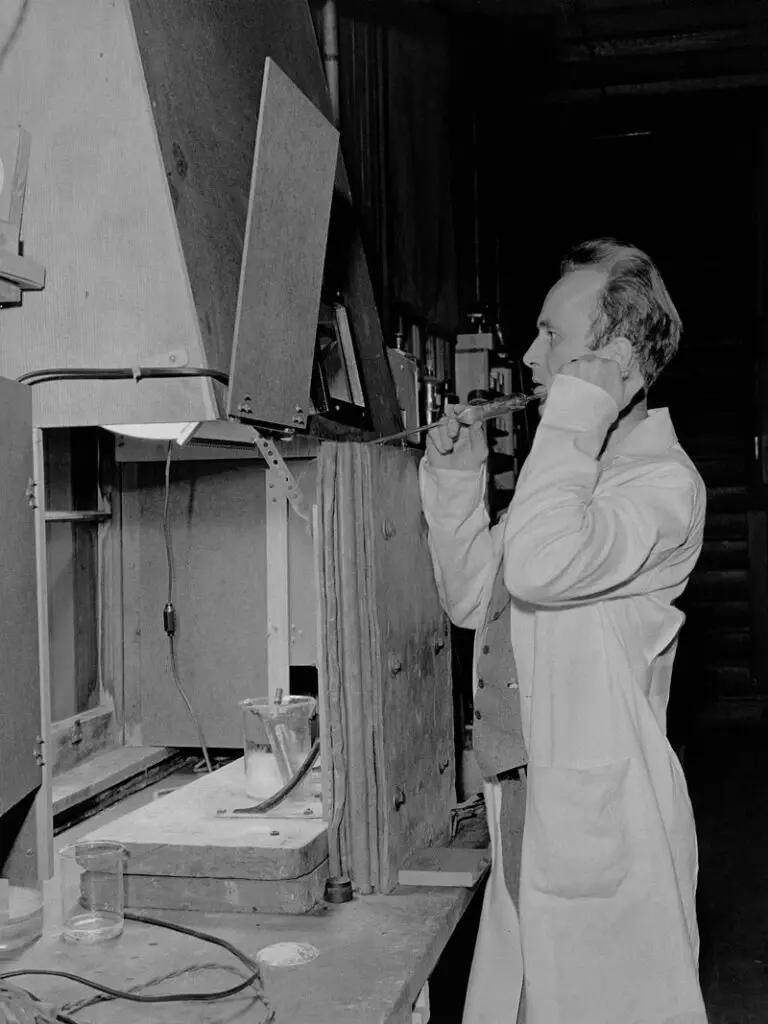
During the Cold War era, U.S. researchers exposed unwitting patients and prisoners to radiation to study its effects. These revelations shocked the public and catalyzed reforms in how research subjects are protected.
13. Artificial Intelligence Bias
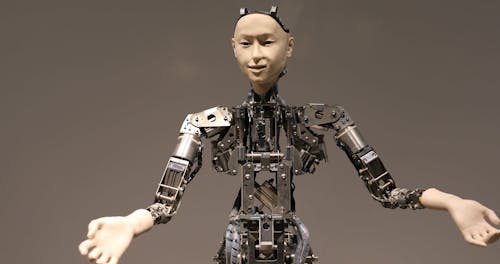
AI systems trained on biased data have been found to discriminate in hiring, policing, and lending decisions, raising questions about transparency and fairness. (computer.org) The challenge of aligning AI outcomes with societal values continues. (phys.org)
14. The Challenger Shuttle Disaster

In 1986, NASA’s Challenger shuttle exploded due to ignored safety concerns from engineers needing more time and support. The disaster showcased the ethical responsibility scientists carry to prioritize safety over deadlines or political pressure. (nasa.gov)
15. Deepfake Technology
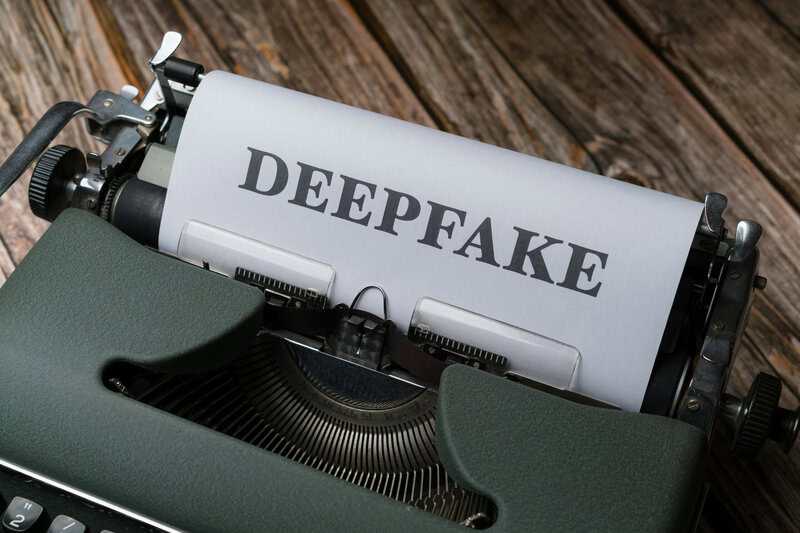
Deepfakes utilize artificial intelligence to create realistic digital manipulations of images, videos, and audio, enabling the fabrication of content that appears authentic. This technology poses significant ethical challenges, including:Privacy Violations: Individuals may find their likenesses used without consent, leading to potential reputational damage and emotional distress. (sciencenewstoday.org)Spread of Misinformation: Deepfakes can be employed to disseminate false information, influencing public opinion and undermining trust in media. (brookings.edu)Threats to Democracy: The use of deepfakes in political contexts can manipulate electoral processes and erode democratic institutions. (brennancenter.org)Addressing these concerns necessitates the development of ethical guidelines, regulatory frameworks, and technological solutions to detect and mitigate the impact of deepfakes on society.
What These Experiments Teach Us

These instances underscore the intricate relationship between scientific advancement and ethical responsibility. They highlight the imperative for researchers and policymakers to prioritize human rights, informed consent, and participant welfare. The Belmont Report outlines fundamental ethical principles for human subject research, emphasizing respect for persons, beneficence, and justice. (en.wikipedia.org) Additionally, the Declaration of Helsinki provides ethical guidelines for medical research involving human subjects, underscoring the necessity of ethical conduct in research. (en.wikipedia.org) Furthermore, the Declaration of Helsinki outlines ethical principles for medical research involving human subjects, emphasizing the necessity of ethical conduct in research. (en.wikipedia.org) These frameworks advocate for continuous vigilance, oversight, and public discourse to ensure that technological progress aligns with societal values and ethical standards. (nih.gov)
.article-content-img img { width: 100% }



Vielleicht interessiert es Sie:
13 Extraordinary Giants Ready to Blow Your Mind! 🌍
10 Chonky Oddities That Will Leave You Speechless! 🤯
9 Unbelievable Absolute Units That Will Leave You Speechless! 🌟
10 Colossal Creatures That Will Leave You Speechless! 🐻
12 Shocking Absolute Units You’ll Have to See! 😲
12 Epic Absolute Units That Will Challenge Your Perceptions! 🔥
Uncover the 11 Ultimate Massive Oddities That Awe! 🌍
9 Unbelievable Oddities That Redefine ‚Massive‘! 🐉💎